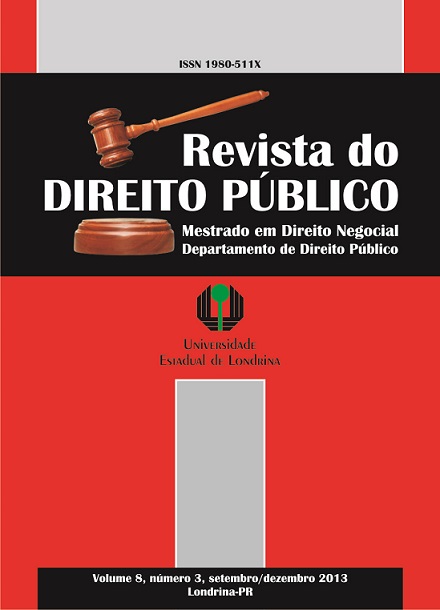The judiciary as an atypical positivist legislator
DOI:
https://doi.org/10.5433/1980-511X.2013v8n3p131Keywords:
Juiz Legislador, Ativismo Judicial, Súmula, Corte ConstitucionalAbstract
This article deals with the legal activism and its consequences. Stands out, on the one hand, the rigidity of perceptions, judicial slowness, the offense of human rights and the principle of separation of powers; on the other, legal certainty, the application of principles with proportionality, speed of the procedure, equality, justice, the guarantee of constitutional principles, the loosening of the old and stagnant idea of separation of powers, the improvement of the trial work magistrate, in addition to pressing charges to be made to the legislature. Debate to Brazilian jurisdictional progression from legal precedent, the overviews, the binding precedents and the peculiarities of labor law and electoral. With reasoning based on analogies, theories and new concepts puts the problem in refutation of the Judiciary is legitimate or not to legislate atypically.Downloads
Published
How to Cite
Issue
Section
License
Os autores cedem à Revista do Direito Público, direitos exclusivos de primeira publicação, com o trabalho simultaneamente licenciado sob a Licença Atribuição-NãoComercial-CompartilhaIgual 4.0 Internacional. Esta licença permite que terceiros façam download e compartilhem os trabalhos em qualquer meio ou formato, desde que atribuam o devido crédito de autoria, mas sem que possam alterá-los de nenhuma forma ou utilizá-los para fins comerciais. Se você remixar, transformar ou desenvolver o material, não poderá distribuir o material modificado.












